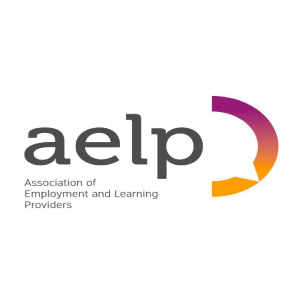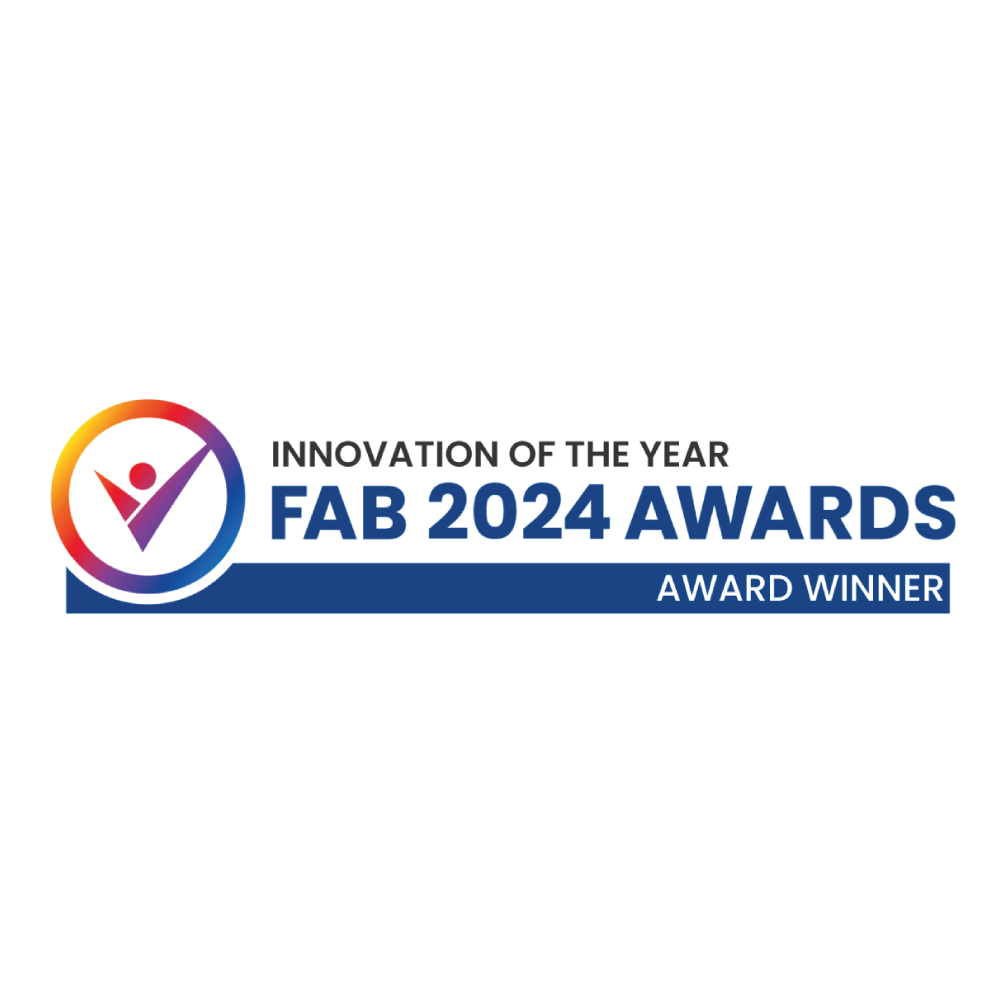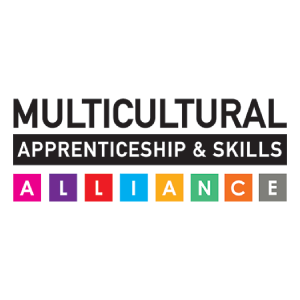
Ascentis National Conference – A Round Up
The Ascentis National Conference returned this month and it turned out to be one of our best Conferences yet, with many inspirational and informative speeches. We would like to share with you a round up of the day.
Our CEO Phil Wilkinson opened the Conference by introducing you to Ascentis. To find out more about our extensive range of qualifications click here.
Next to take to the stage was Beej Kaczmarczyk, who spoke on future proofing your provision and funding at a time of uncertainty, when the sector is changing rapidly with devolution and the introduction of T-Levels. Beej advised that all training providers need to be innovative and have an entrepreneurial spirit to move away from being dependent on public funding.
It was then time for the workshops. Mike Mounfield discussed his experiences of employer engagement and effective strategies for getting employers involved in education. Julie Mizon spoke on the history to Access to Higher Education and the future challenges facing Access to Higher Education including policy changes and the future role of QAA in regulation. Paul Emberlin discussed the resources available for tutors to use and how to embed technology into teaching and courses – for example using virtual reality in the classroom.
The next keynote speaker was Peter Mayhew-Smith, who gave an honest presentation on his experience of heading the South Thames College Group merger. He talked about the vision and goals colleges need to have throughout the merger process, as well as the benefits and struggles of mergers – from being in a better position to respond to growth in the surrounding areas to winning the trust of staff, board and learners.
Closing the event was Natasha Devon MBE, who delivered an inspirational speech on supporting the Mental Health of young people in education. She said that Mental Health should be treated just like any other illness and emphasised the limitations of the English language in expressing feelings. As a result she recommends finding alternative creative ways for getting learners to express their feelings and providing different environments where both ends of the gender spectrum can be emotionally supported.
We would like to say a massive thank you to everyone who attended and contributed to its success.
















